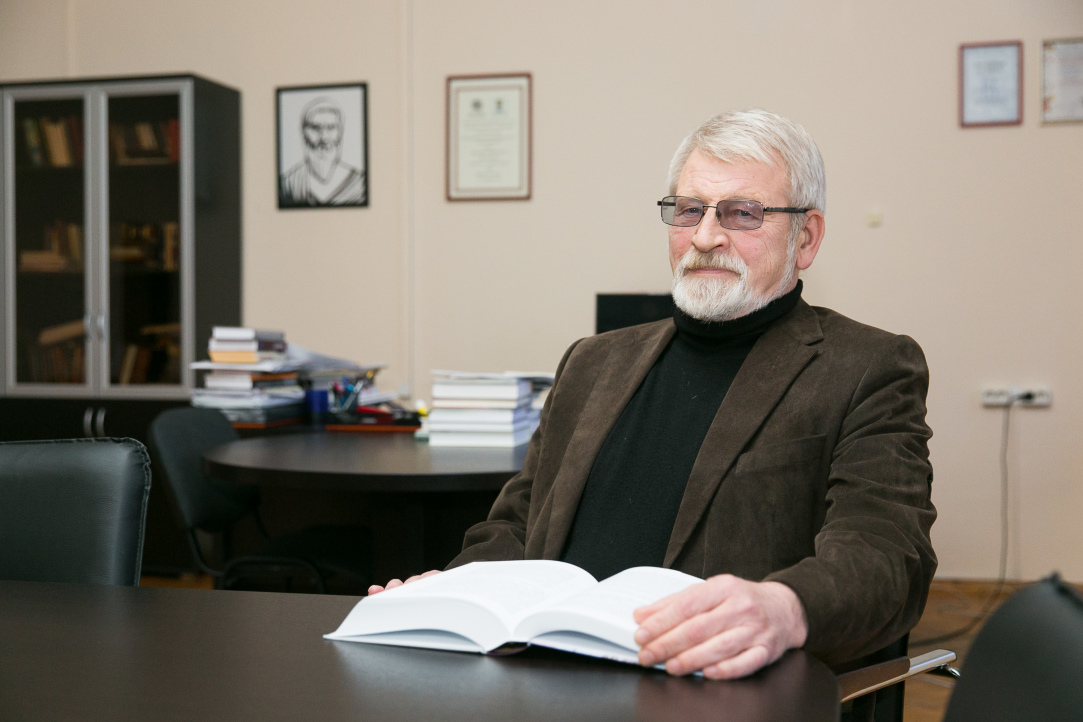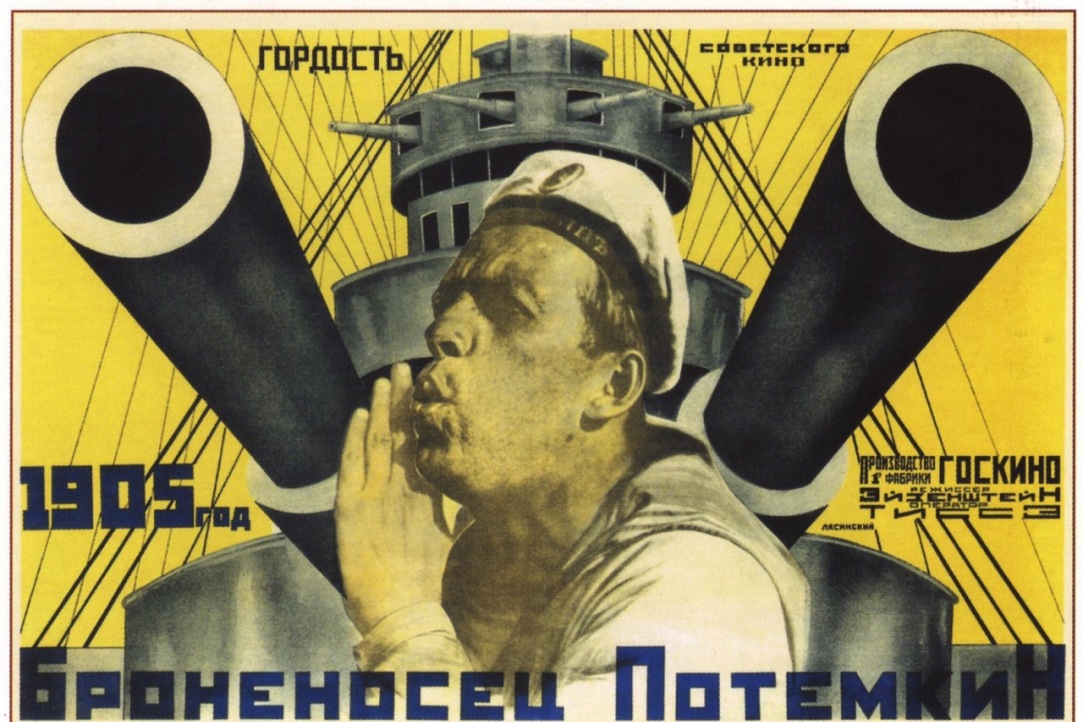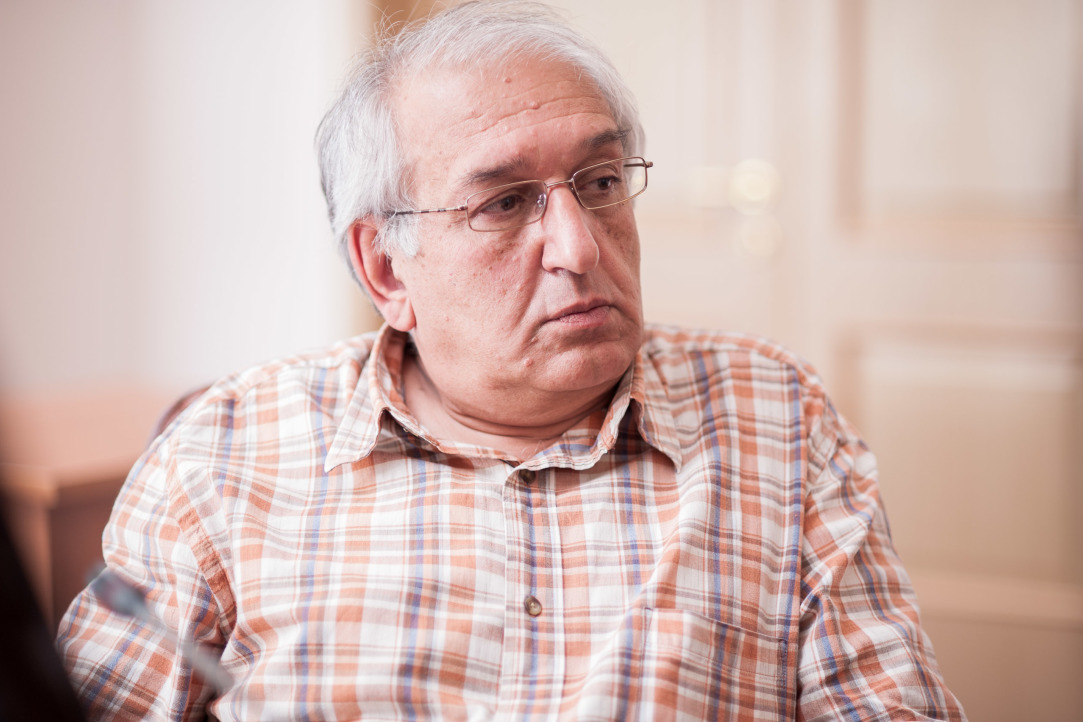
'Creating a Faculty of Philosophy at HSE – An Interesting Task'
Alexey Rutkevich, Doctor of Philosophy, Professor at the School of Philosophy at the Faculty of Humanities, Dean of the Faculty of Humanities, spoke on his foray into science, research interests, as well as shared his thoughts on a philosopher’s position in society.
InfoWatch and MIEM HSE Found New Department
The Higher School of Economics and InfoWatch Group, a Russian developer of information security solutions for organizations, have announced a new Department for Organizational Information Security as part of the School of Electronic Engineering of the Tikhonov Moscow Institute of Electronics and Mathematics (MIEM HSE). The decision was made by the HSE’s Academic Council and InfoWatch President, Natalya Kaspersky, has been named Head.

The Soviet Film Revolution
The October Revolution created a new cinema. At first, 'the most important of all arts' struggled to keep up with social transformations and was not yet used as a weapon in the fight for a communist culture. But the mid-1920s, an innovative, cutting-edge film industry had emerged from sources such as theatre, street performance, posters, poetry and circus shows. This industry was able to do what the politicians had failed to achieve, namely trigger a world revolution.

Foreign Investments are Crucial for Positive Return on Exports
Experts at HSE have shown that the foreign direct investment is an important and necessary determinant for positive return on exports. Such companies consequently encounter a higher level of competition in terms of quality and intensity. Research results have been published in the Baltic Journal of Management.

'At HSE There’s a Close-knit Team Focused on Research'
Fuad Aleskerov, Tenured Professor and Head of the Department of Mathematics of the Faculty of Economics, Head of the International Laboratory of Decision Choice and Analysis, Chief Scientist at the Laboratory for Experimental and Behavioral Economics, member of the Academic Council, spoke on his foray into science, as well as shared his thoughts on the development of HSE and mathematics in Russia.

Technological Unemployment
In his book, Rise of the Robots: Technology and the Threat of a Jobless Future, futurist Martin Ford warns of 75% unemployment by 2100, as robots will finally defeat humans and half of all existing occupations will disappear. Should we believe it? Prominent Russian economist and deputy director of the HSE Centre for Labour Market Studies Rostislav Kapeliushnikov does not think so. According to his paper 'Is Technological Change a Devourer of Jobs?'', predictions of a 'labour market apocalypse' with mass loss of jobs caused by technological progress are unfounded.
‘Mega-grants’ for HSE Research Departments
The Russian government recently announced the results of the sixth round of ‘mega-grants’ for research at Russian universities and research centres. Among the winners there are three HSE research projects.
.jpg)
Experiencing Culture Shock
Conscious decision-making and internalized intentions, as opposed to extrinsic influencing factors, are the key to a student’s successful adaption to life in a foreign country. This was confirmed by research carried out by a group of scientists which included Ken Sheldon, Academic Supervisor and Head of the International Laboratory of Positive Psychology of Personality and Motivation at the Higher School of Economics.
'A Person’s Importance Is Determined not by Their Position, but by the Results of Their Work'
Maria Yudkevich, Vice Rector, Director of the Institute for Institutional Research, Associate Professor in the Faculty of Economic Sciences, Head of the International Research Laboratory for Institutional Analysis of Economic Reforms, and member of the HSE Academic Council, spoke on her path towards academia, research projects and achievements, as well as shared her thoughts on HSE research development.
French Scholar to Speak on the Role of Public Policy in Alleviating Housing Market Tension
On November 27, Sonia Guelton, who teaches Real Estate Economics, Public Finance, and Development Economics at University Paris-Est Créteil (UPEC), will arrive at HSE to deliver several lectures over the course of a week at the Vysokovsky Graduate School of Urbanism. Her lectures will cover housing market tensions in the EU, density in housing markets, and the role of public policy in addressing these issues. Ahead of her visit, she spoke with the HSE News Service in depth about her lectures, her research interests, and the lessons she has learned over the course of her career.

